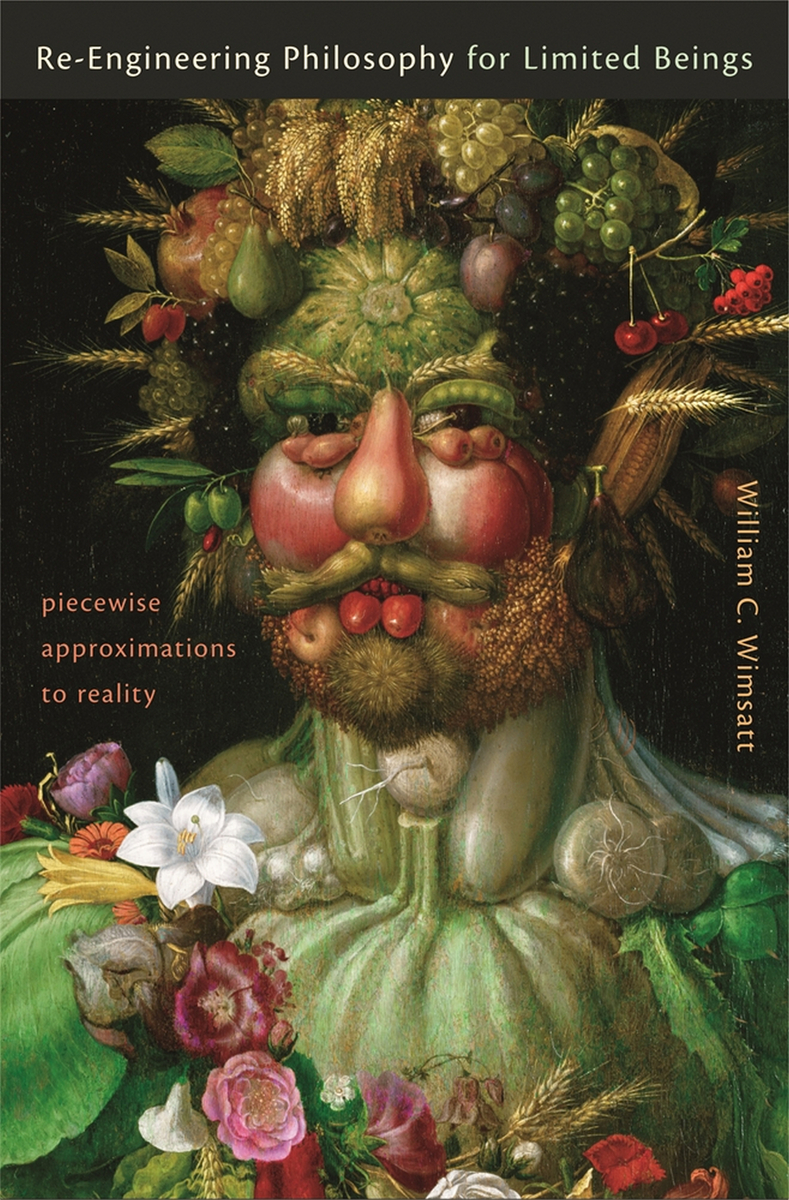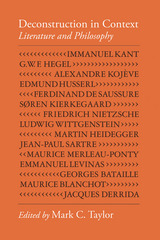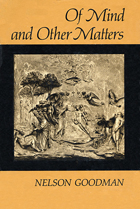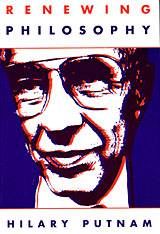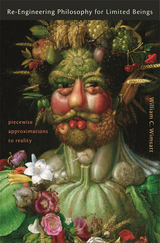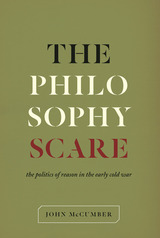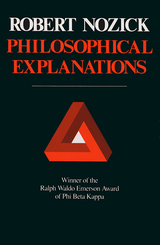Cover
Title Page
Copyright
Dedication
Contents
Part I. Introduction
Chapter 1. Myths of LaPlacean Omniscience
Realism for Limited Beings in a Rich, Messy World
Social Natures
Heuristics as Adaptations for the Real World
Nature as Backwoods Mechanic and Used-Parts Dealer
Error and Change
Organization and Aims of This Book
Inadequacies of Our Normative Idealizations
Satisficing, Heuristics, and Possible Behavior for Real Agents
The Productive Use of Error-Prone Procedures
The Stance and Outlook of a Scientifically Informed Philosophy of Science
Ceteris Paribus, Complexity, and Philosophical Method
Our Present and Future Naturalistic Philosophical Methods
Part II. Problem-Solving Strategies for Complex Systems
Chapter 4. Robustness, Reliability, and Overdetermination
Common Features of Concepts of Robustness
Robustness and the Structure of Theories
Robustness, Testability, and the Nature of Theoretical Terms
Robustness, Redundancy, and Discovery
Robustness, Objectification, and Realism
Robustness and Levels of Organization
Heuristics and Robustness
Robustness, Independence, and Pseudo-Robustness: A Case Study
Chapter 5. Heuristics and the Study of Human Behavior
Heuristics
Reductionist Research Strategies and Their Biases
An Example of Reductionist Biases: Models of Group Selection
Heuristics Can Hide Their Tracks
Two Strategies for Correcting Reductionist Biases
The Importance of Heuristics in the Study of Human Behavior
Chapter 6. False Models as Means to Truer Theories
Even the Best Models Have Biases
The Concept of a Neutral Model
How Models Can Misrepresent
Twelve Things to Do with False Models
Background of the Debate over Linkage Mapping in Genetics
Castle’s Attack on the Linear Linkage Model
Muller’s Data and the Haldane Mapping Function
Muller’s Two-Dimensional Arguments against Castle
Multiply-Counterfactual Uses of False Models
False Models Can Provide New Predictive Tests Highlighting Features of a Preferred Model
False Models and Adaptive Design Arguments
Generative Entrenchment and the Architecture of Adaptive Design
Generative Systems Come to Dominate in Evolutionary Processes
Resistance to Foundational Revisions
Bootstrapping Feedbacks: Differential Dependencies and Stable Generators
Implications of Generative Entrenchment
Generative Entrenchment and Robustness
Chapter 8. Lewontin’s Evidence (That There Isn’t Any)
Is Evidence Impotent, or Just Inconstant?
False Models as Means to Truer Theories
Narrative Accounts and Theory as Montage
Part III. Reductionism(s) in Practice
Reductionism and the Analysis of Complex Systems
Complexity
Evolution, Complexity, and Organization
Complexity and the Localization of Function
Chapter 10. The Ontology of Complex Systems: Levels of Organization, Perspectives, and Causal Thickets
Robustness and Reality
Levels of Organization
Perspectives: A Preliminary Characterization
Causal Thickets
Chapter 11. Reductive Explanation: A Functional Account
Two Kinds of Rational Reconstruction
Successional versus Inter-Level Reductions
Levels of Organization and the Co-Evolution and Development of Inter-Level Theories
Two Views of Explanation: Major Factors and Mechanisms versus Laws and Deductive Completeness
Levels of Organization and Explanatory Costs and Benefits
Identificatory Hypotheses as Tools in the Search for Explanations
Appendix: Modifications Appropriate to a Cost-Benefit Version of Salmon’s Account of Explanation
Reduction and Emergence
Aggregativity
Perspectival, Contextual, and Representational Complexities; or, “It Ain’t Quite So Simple as That!”
Adaptation to Fine- and Coarse-Grained Environments: Derivational Paradoxes for a Formal Account of Aggregativity
Aggregativity and Dimensionality
Aggregativity as a Heuristic for Evaluating Decompositions, and Our Concepts of Natural Kinds
Reductionisms and Biases Revisited
Part IV. Engineering an Evolutionary View of Science
Chapter 13. Epilogue: On the Softening of the Hard Sciences
From Straw-Man Reductionist to Lover of Complexity
Messiness in State-of-the-Art Theoretical Physics
Hidden Elegance and Revelations in Run-of-the-Mill Applied Science
“Pure” versus Applied Science, and What Difference Should It Make?
Hortatory Closure
Appendix A. Important Properties of Heuristics
Appendix B. Common Reductionistic Heuristics
Appendix C. Glossary of Key Concepts and Assumptions
Appendix D. A Panoply of LaPlacean and Leibnizian Demons
Notes
Bibliography
Credits
Index
